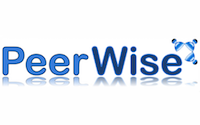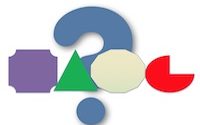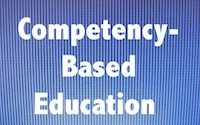
Development of an interactive mathematics learning system based on a two-tier test diagnostic and guiding strategy
Mathematical skills have been recognised as a core competence for engineering and science students. However, learning mathematics has been recognised as a difficult and challenging task for most students, in particular, calculus for first-year students in university. Consequently, the development of effective learning strategies and environments for mathematics courses has become an important issue. To […]














